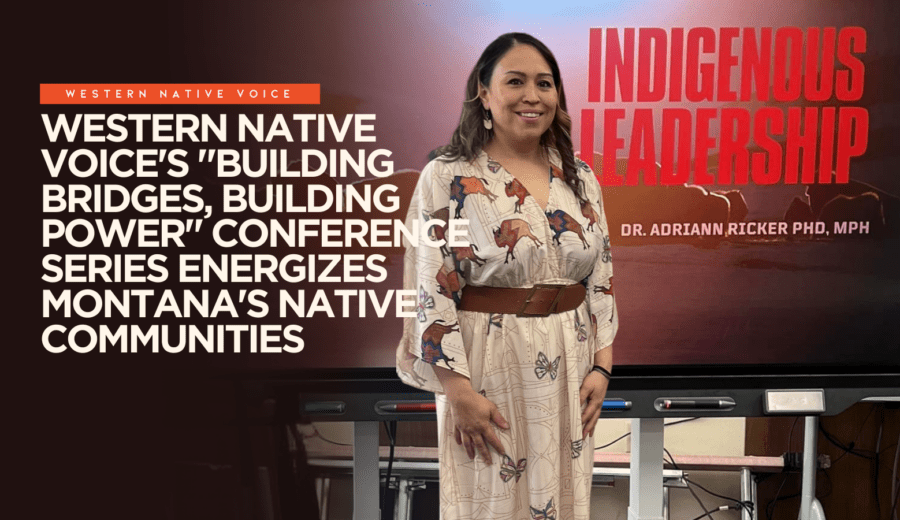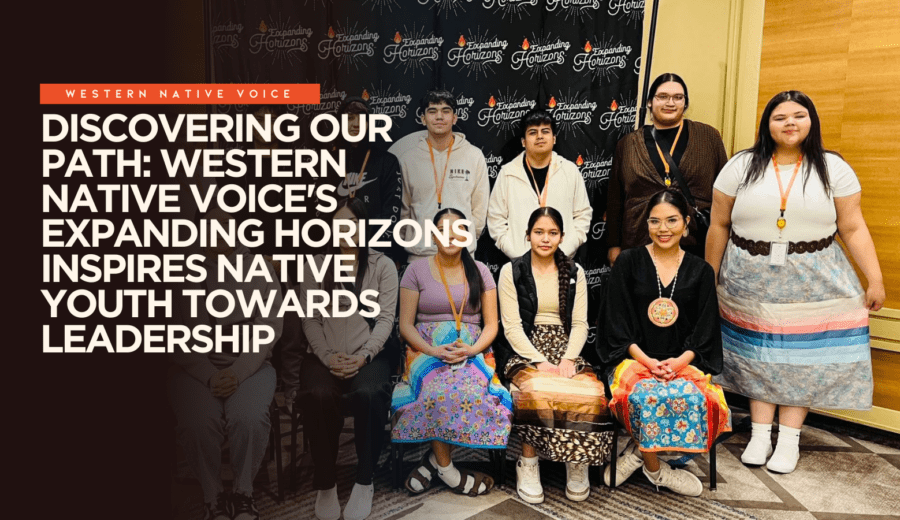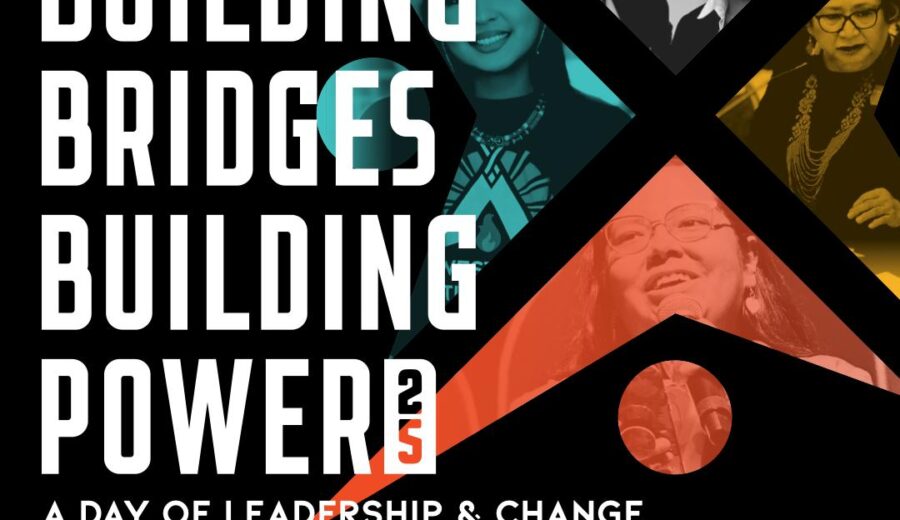Western Native Voice’s “Building Bridges, Building Power” Conference Series Energizes Montana’s Native Communities
This spring, Western Native Voice (WNV) embarked on a statewide campaign with its “Building Bridges, Building Power” membership conferences. Launched…read more




